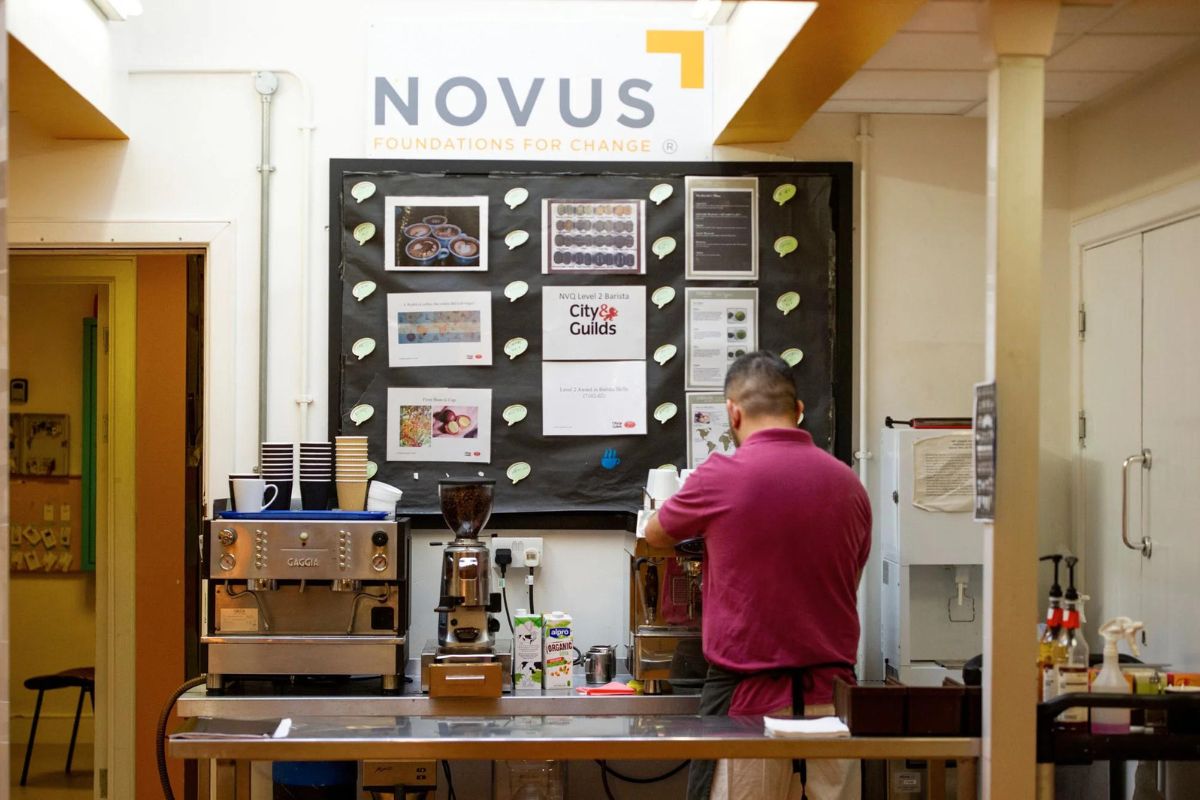Joint statement from the government and education unions to move into intensive talks

The Government and the education trade unions, Association of School and College Leaders, National Association of Head Teachers, NASUWT and National Education Union, have agreed to move into a period of intensive talks. The talks will focus on teacher pay, conditions and workload reduction.
In order for talks to begin and, we hope, reach a successful conclusion, the NEU has confirmed it will create a period of calm for two weeks during which time they have said no further strike dates will be announced.
The Education Secretary and all unions will meet today (Friday 17 March), beginning intensive talks, which will continue over the weekend.
In order to protect the integrity of the talks, all parties have agreed not to make any public statements on the details of the talks – including through the media and on social media.
Sector Response
David Hughes, AoC Chief Executive said:
“As the Education Secretary enters into negotiations, college unions, staff and college leaders all stand on the sidelines looking in, with no mechanism to negotiate.
“And yet, pay in colleges is just as important, particularly now that colleges are part of the public sector. With college lecturers paid around £8k to £10k less than their counterparts in schools, a better pay award for schools will widen what is already an unacceptable gap. Poor pay is now holding back colleges from offering training and skills because they cannot recruit and retain people to teach.
“The irony is that this is most acute in the areas of the labour market which have the biggest skills shortages, and in which employers cannot recruit people. Better pay for college lecturers would unleash capacity to meet the wider labour market needs. If the government is serious about prioritising jobs and opportunity, then the Education Secretary needs to get to the negotiating table with colleges as a matter of urgency.”












Responses